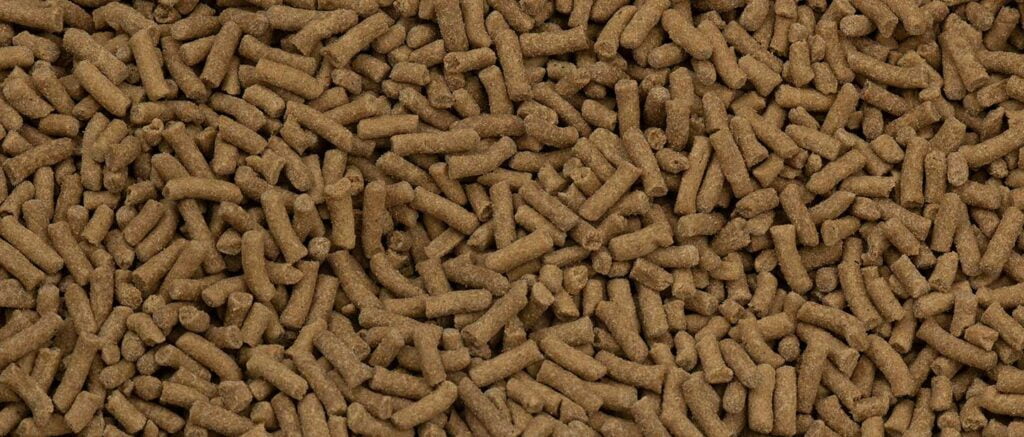Understanding the Horse Digestive System: Essential Facts and Tips
Learn how the horse digestive system works and how to support it with proper nutrition. Explore tips on feed types,…

Learn how the horse digestive system works and how to support it with proper nutrition. Explore tips on feed types,…

Optimize horse health! Learn about high-quality hay, tackle allergies, store hay right, and balance with feeds for top equine nutrition.
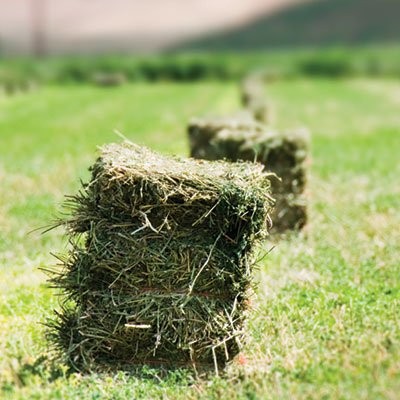
Feeding horses with metabolic issues requires careful consideration and proper management. These horses have unique dietary requirements that must be…
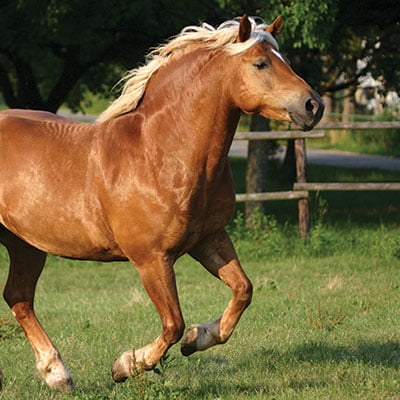
Balance vitamins with essential minerals like calcium, phosphorus, and magnesium for strong bones, muscles, and nerve function in horses' diets.
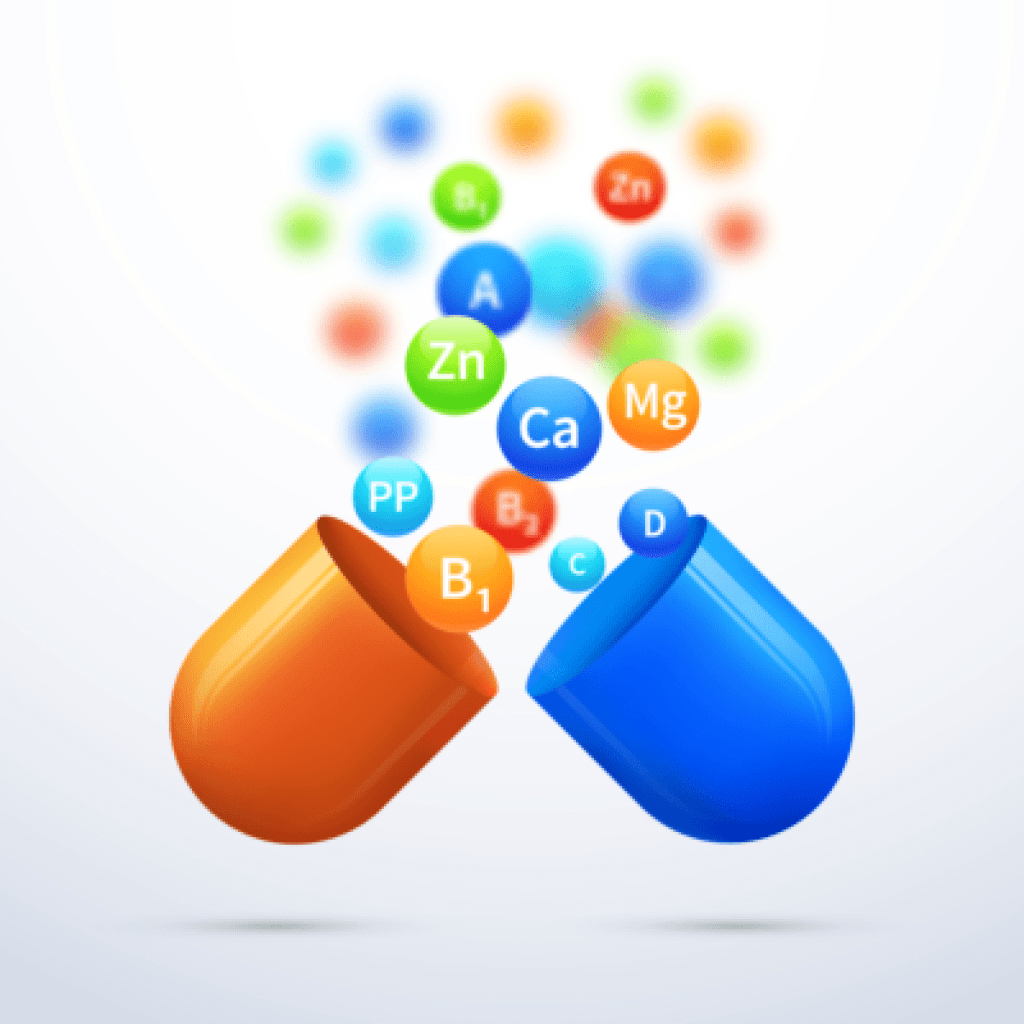
Amino acids play a crucial role in the nutrition of horses. These building blocks of protein are essential for the…

Ration balancers are a valuable tool for horse owners to ensure that their horses are receiving a balanced diet. Whether…

Should you test hay for mineral deficiencies? It's an important question for anyone in the agricultural or equestrian industry. Hay…
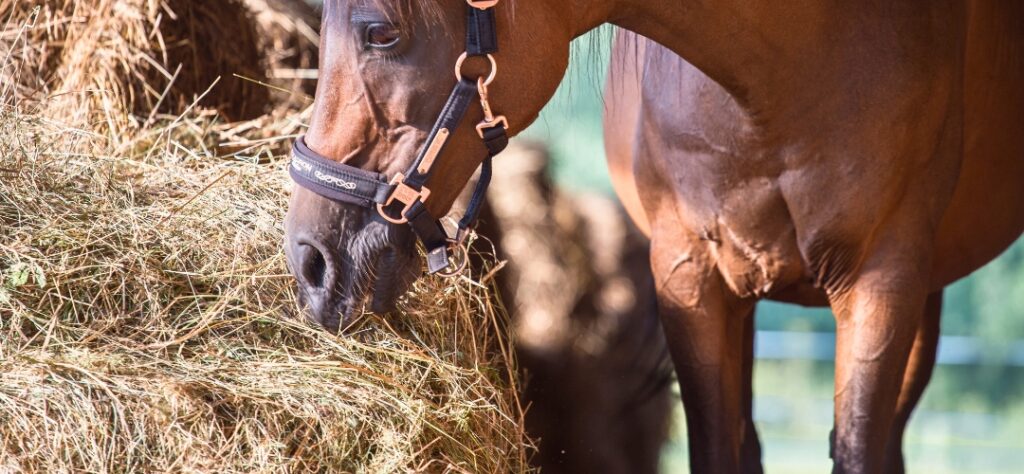
Electrolytes are essential for horses, especially when they take part in intense physical activity and sporting events. Adding electrolytes to…
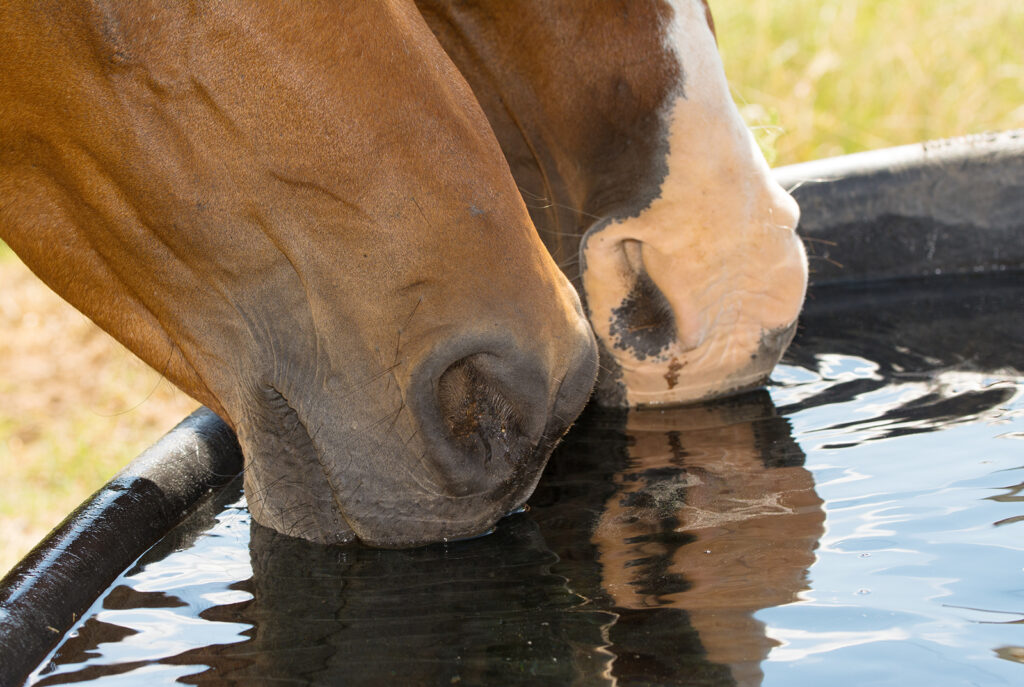
Rice bran in horse feed is a healthy and nutritious option for nutrition, offering vital nutrients that can help support…
